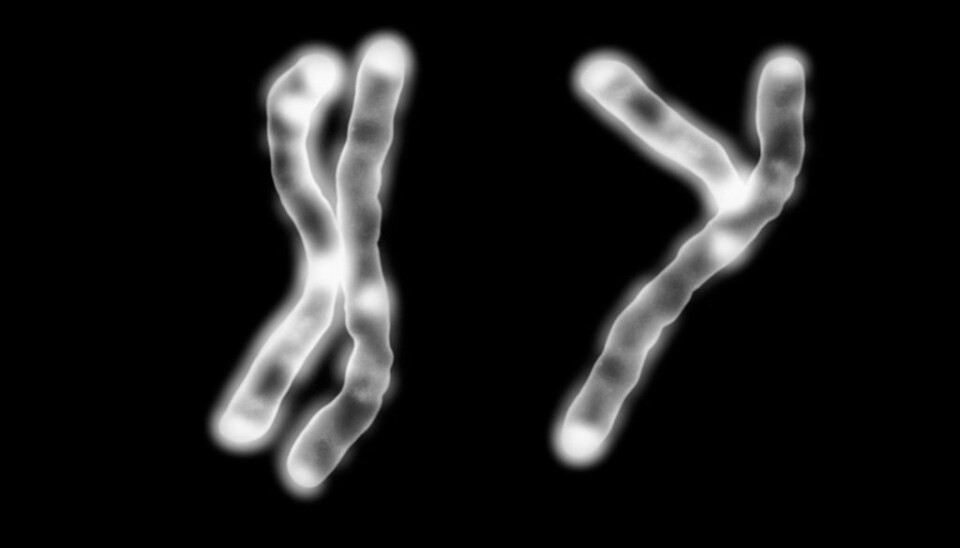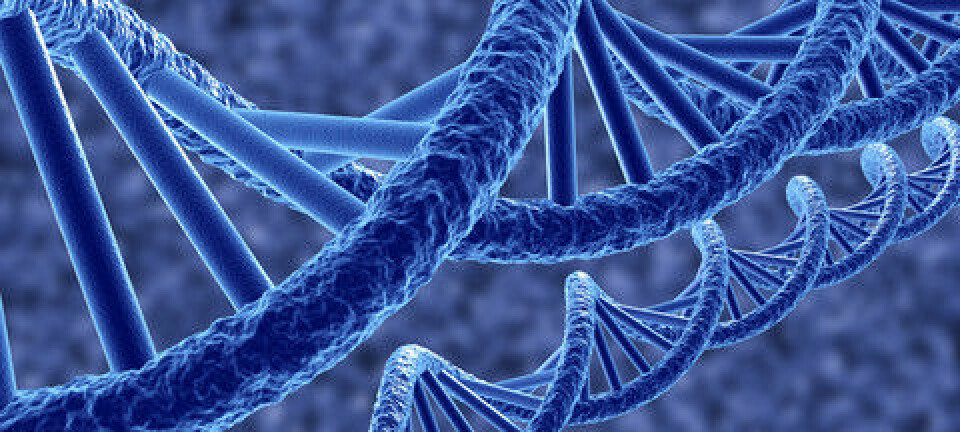
Chromosome Y loss explains men’s shorter longevity
Older men’s loss of the Y chromosomes can raise the risk of cancer, diabetes and premature death.
Only males have the Y chromosome in their genes. Until now, it has been connected almost exclusively with traits that determine gender and sperm production.
But a new study led by researchers at Uppsala University in Sweden points to a connection between loss of Y chromosomes in men’s cells and the general shorter life expectancy for men than women.
“Men with little Y chromosome run nearly four times the risk of cancer than other men. This was a totally unanticipated finding,” says Researcher Lars Forberg to the Swedish newspaper Dagens Nyheter.
Until now, researchers have been unable to explain why elderly men die on average at a younger age than elderly women, or why men are more prone to get cancer and die of the disease.

While the disparity in life expectancy is still not understood, the scientists in Uppsala, along with British and American colleagues, have discovered that it links to the Y chromosome.
Not just cancer, but other diseases such as diabetes can also be partly explained by changes in the chromosomes of body cells.
Shorter life span with loss of Y chromosome
The scientists investigated the genes in blood samples from over 1,600 Swedish men aged 70 to 84. About a fifth of these men lacked Y chromosomes in at least 10 percent of their blood cells
This was not unexpected, as it is known that older men can suffer age-related loss of the Y chromosome (LOY). This has been considered natural and harmless, a process which occurs in connection with cell division among elderly males.
“We found out, however, that men who had lost Y chromosomes in a large amount of their blood cells had shorter survivability, irrespective of cause of death. We could also detect a correlation between loss of the Y chromosome and risk of cancer mortality,” says Lars Forberg from Uppsala University.
X and Y chromosomes
Women have only X chromosomes, while men have X and Y chromosomes.
The X chromosome is found in every cell of the body. It carries our genes, in other words, the codes for our genetic traits.
Until now, the Y chromosome has been said to play a rather unimportant role. The Y chromosome has also been thought to carry scant genetic information.
Professor Jan Dumanski has had chief responsibility for the research project and comments on this misconception:
“This is not true. Our results indicate that the Y chromosome has a role in tumour suppression and it might explain why men get cancer more than women,” he says to Dagens Nyheter.
Could be used to predict cancer risk
If the medical researchers can find out more about the correlation between LOY and earlier death amongst men, it might be possible for more men to survive diseases such as cancer.
The researchers behind the study predict that in the future, when genetic analyses of patients will become increasingly common, LOY checks could become a useful marker in predicting risks of cancer among men.
------------
Read the Norwegian version of this article at forskning.no
Translated by: Glenn Ostling











